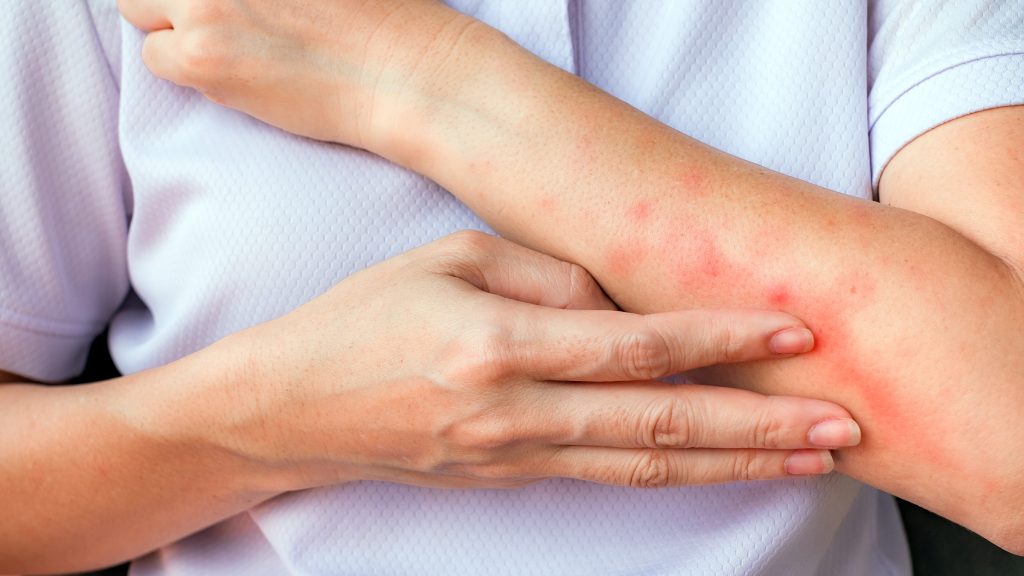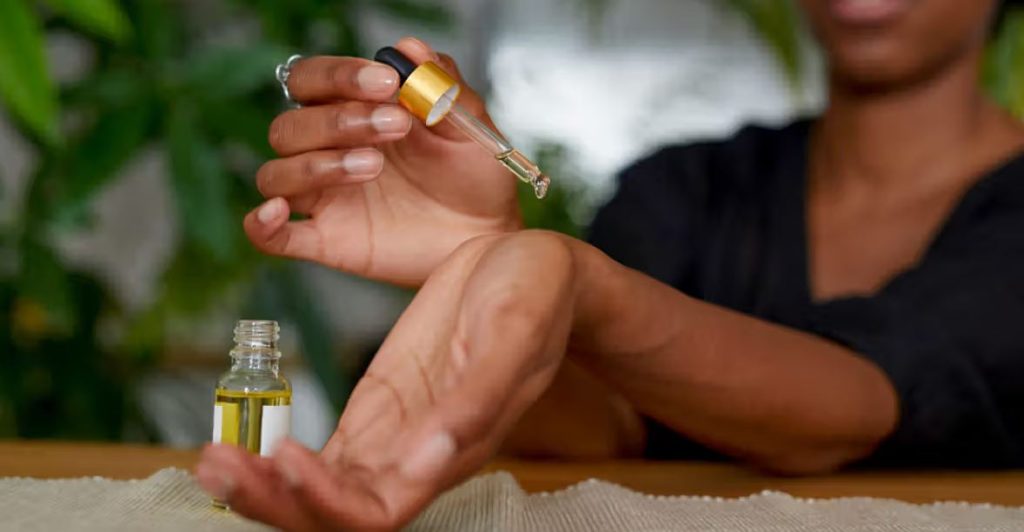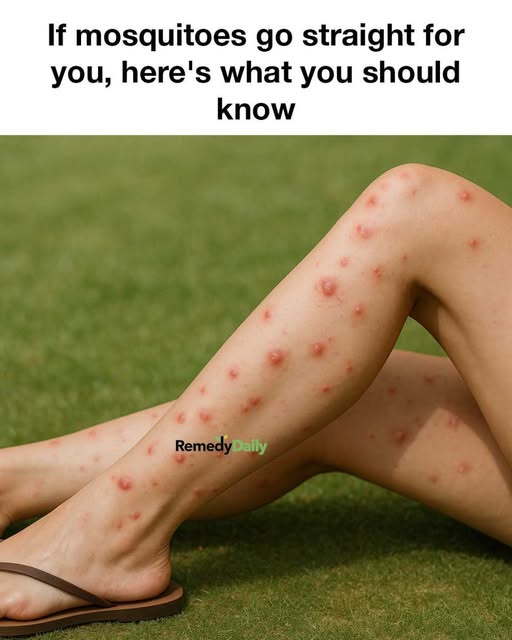If mosquitoes seem to single you out, you’re not alone. Certain individuals are more attractive to these pests due to various biological and environmental factors. Understanding these can help you take effective measures to reduce bites and avoid the discomfort and potential diseases they bring.
Why Mosquitoes Prefer Certain People
Mosquitoes rely on multiple cues to locate their hosts, including scent, heat, and visual signals. Research has identified several factors that make some individuals more appealing:
- Blood Type: People with Type O blood are more likely to attract mosquitoes compared to those with Type A or B.
- Carbon Dioxide (CO₂) Emission: Mosquitoes are drawn to CO₂, which humans exhale. Individuals who exhale more CO₂, such as those who are larger or physically active, are more susceptible.
- Body Heat and Sweat: Higher body temperatures and the presence of lactic acid and ammonia in sweat can attract mosquitoes.
- Skin Bacteria: The bacteria on your skin produce odors that can either attract or repel mosquitoes. A higher concentration of certain bacteria may make you more appealing.
- Pregnancy: Pregnant women exhale more CO₂ and have higher body temperatures, making them more attractive to mosquitoes.
- Alcohol Consumption: Drinking beer has been linked to increased mosquito attraction, possibly due to changes in body odor and temperature.
- Clothing Color: Mosquitoes are more attracted to dark colors like black and navy blue. Wearing light-colored clothing can make you less noticeable to them.

Effective Strategies to Prevent Bites
To minimize mosquito bites, consider the following preventive measures:
- Use EPA-Approved Repellents: Products containing DEET, picaridin, IR3535, oil of lemon eucalyptus, or 2-undecanone are effective. Always follow the application instructions on the label.
- Wear Protective Clothing: Opt for long-sleeved shirts and long pants made of tightly woven fabrics. Light-colored clothing is preferable.
- Avoid Peak Mosquito Hours: Mosquitoes are most active during dawn and dusk. Limit outdoor activities during these times.
- Eliminate Standing Water: Mosquitoes breed in stagnant water. Regularly empty or remove items that collect water, such as buckets, flower pots, and birdbaths.
- Use Mosquito Nets: When sleeping outdoors or in areas with high mosquito populations, use bed nets to prevent bites.
- Install Screens: Ensure windows and doors have tight-fitting screens to keep mosquitoes out of your home.
Natural Remedies and Additional Tips
Some natural approaches can also help deter mosquitoes:
- Essential Oils: Oils like citronella, lavender, and eucalyptus have mosquito-repelling properties. Use them in diffusers or apply diluted versions to the skin.
- Vitamin B1 Supplements: Some believe that taking vitamin B1 can alter body odor and repel mosquitoes, though scientific evidence is limited.
- Fans: Using fans can disperse carbon dioxide and make it harder for mosquitoes to locate you.
- Avoid Scented Products: Fragrances in lotions and perfumes can attract mosquitoes. Opt for unscented personal care products.

Conclusion
Understanding why mosquitoes are really drawn to certain individuals can help you take targeted actions to protect yourself. By combining this preventive measures with awareness of your personal risk factors, you can reduce the likelihood of bites and enjoy outdoor activities more comfortably.

















